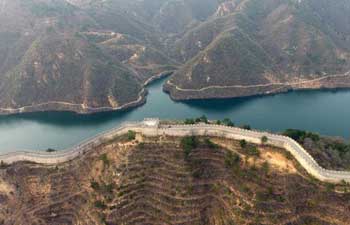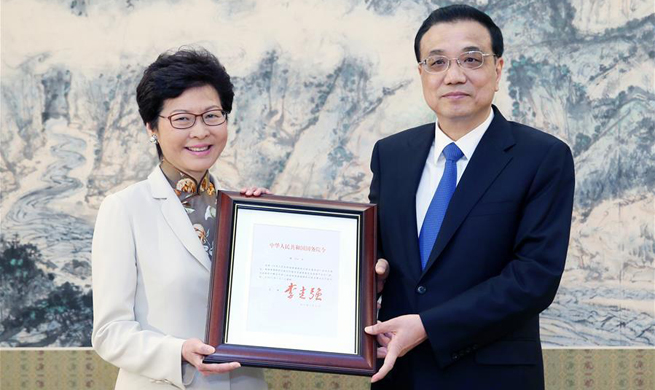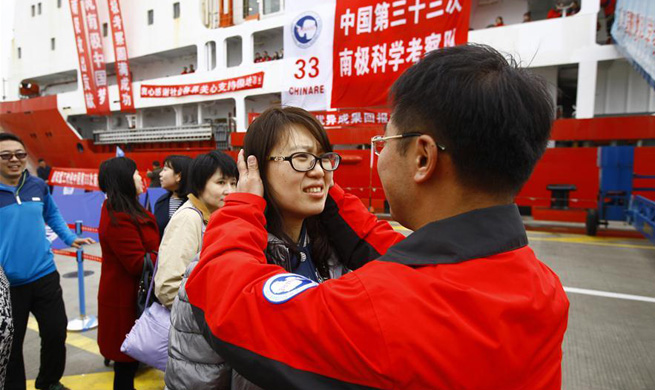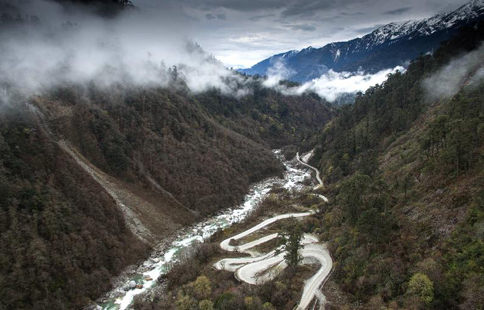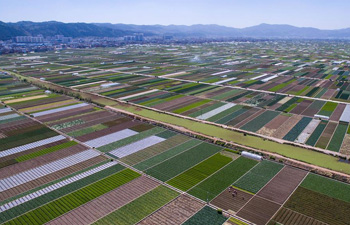ACCRA, April 12 (Xinhua) -- Ghana has completed its Drinking Water Quality Management Framework for a successful implementation of the Sustainable Development Goals (SDGs) target for quality drinking water.
Unlike the previous National Drinking Water Quality Management framework, the new framework adopts the risk-based approach and considers all the barriers to prevent contaminants reaching the public from the catchment to the users, Kwabena Nyarko, Lecturer in Civil Engineering and a consultant to the government disclosed here at a media briefing late Tuesday.
"There are significant disparities in access and service reliability between rural and urban, rich and poor, and among geographical areas, which also tend to compromise water safety, leading to significant deterioration in water quality from the point of collection to the point of drinking in samples across the county as contained in the Ghana Living Standards Survey-Six," Nyarko added.
According to the survey, bacteriological contamination risks in treated water in Ghana increased from about 43.5 percent from source to 62.1 percent at the point of use.
The framework asserted that drinking water contamination exists at unacceptable levels, particularly at the point of use with bacteriological contamination of drinking-water widespread in the country.
"In many instances chemical constituents notably, fluoride, iron, manganese, arsenic and salinity of drinking-water in amounts that do not conform to the national standards occur," Nyarko, a lecturer in Civil Engineering at the Kwame Nkrumah University of Science and Technology indicated.
The new framework therefore establishes barriers which will among other things prevent contaminants from entering the raw water; remove contaminants from the water; maintain the quality of the water during distribution; and prevent contamination when handling water.
It also introduces steps to identify events that may introduce hazards into water usage; possible causes of each event; estimate the level of risk associated with each particular event; institute preventive measures to avoid events; and corrective actions when preventive measures fail.
It also assigns roles to institutions including the Water Resources Commission; Public Utilities Regulatory Commission; Ghana Standards Authority; Food and Drugs Authority; Ghana Water Company Limited; Community Water and Sanitation Agency and private water suppliers with different roles in ensuring water quality.








